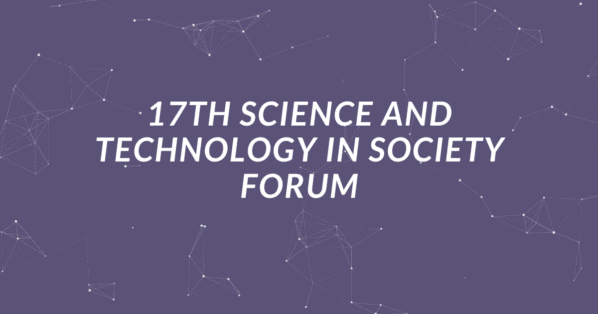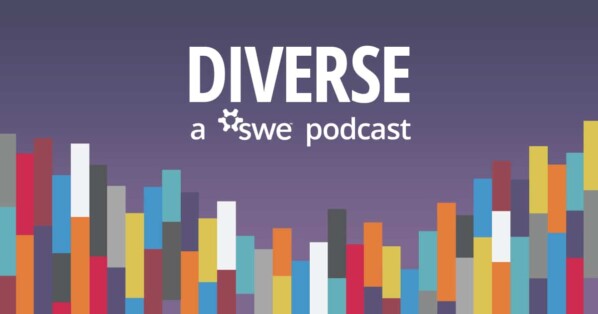Charles Darwin said, “It is not the strongest of the species that survive, nor the most intelligent, but the one most responsive to change.” Change is a given in our professional and personal lives — it’s unavoidable and often out of our control. However, our response to change has a large impact on our emotional well-being.
For example, how would you feel if you went into work and were told, “We’re going to have a major structural change?” You might feel resistance, anxiety, fear or even anger depending on the context and details.
We all experience resistance to change in some capacity — it’s not a one-size-fits-all situation. Some common resistances you or your team may experience are fear of the unknown, fear of failure or false beliefs.
Many engineering leaders are responsible for leading or implementing these changes, which adds another layer of complexity. The four major types of change in the workplace are:
- Structural Change: Reorganizing, changing leadership, letting staff go, merging with another company or similar overarching changes
- Strategic Change: Shifting the organization’s priorities to take advantage of a new opportunity or address an industry threat
- Technological Change: Switching to a new software or process, which requires training and changing of habits
- Culture Change: Implementing new trainings, benefits or policies with the people and culture of your organization in mind
Emotional resilience is key when experiencing or implementing these changes, which I cover in my SWE Advance Learning Center course, “Techniques to Develop Emotional Resilience.”
In my new course, I will connect the lessons from the emotional resilience webinar to the change management field and talk through the seven stages of change. We will discuss the most effective ways to manage change, and I will provide a change resiliency quiz to help you to further self-reflect and hone your skills.
Don’t miss Smita Tharoor’s course in SWE’s Advance Learning Center, “Transforming Together: Change Management Best Practices for Teams.” *This course is free for SWE members. Register today!
Author
-

Smita Tharoor is a motivational keynote speaker and thought leader on how unconscious biases influence all of us. She is the co-founder of Culturelytics, a company that uses artificial intelligence to understand culture in an organization, and she is the founder of Tharoor Associates, a training, coaching and organizational development company.






